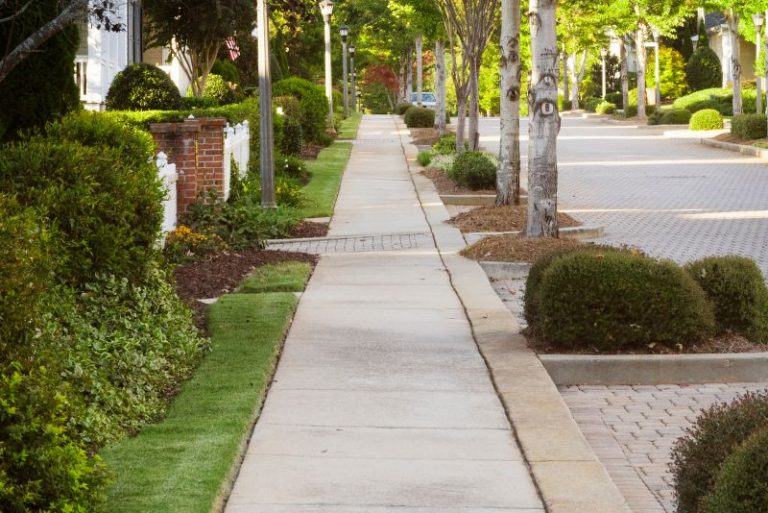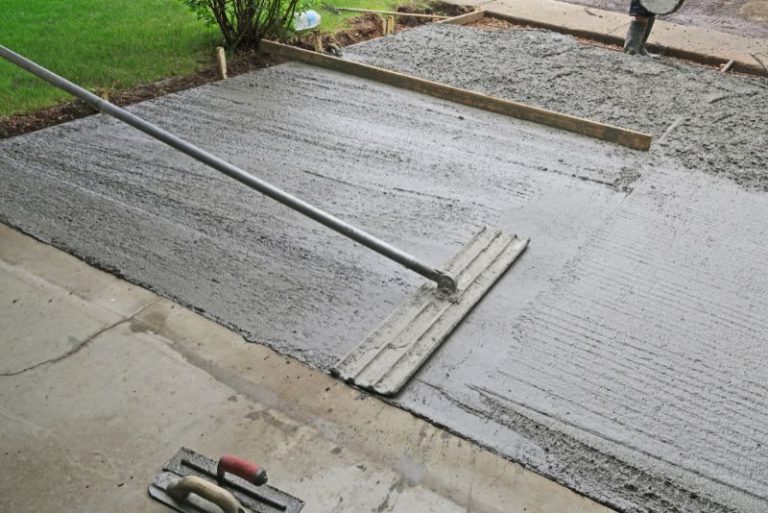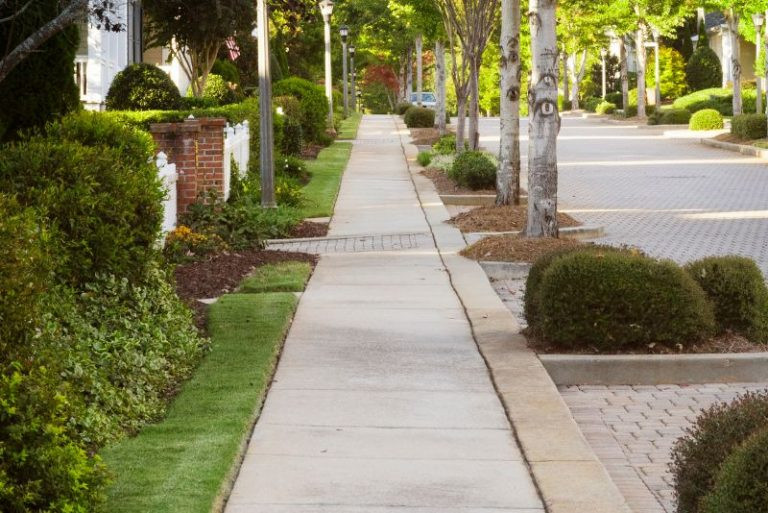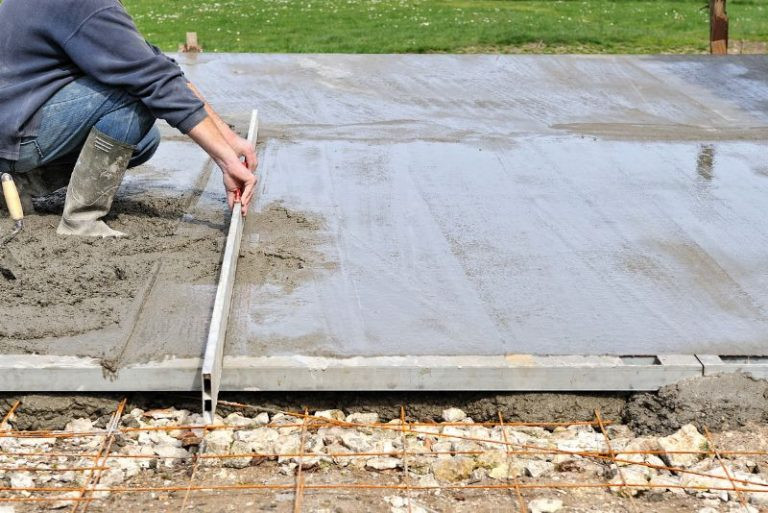Should You Fix That Concrete Crack Yourself? A Homeowner's Decision Guide
Slacks Creek, Australia - September 29, 2025 / Concrete Logan Experts /
Cracked concrete can be a homeowner's nightmare. Whether it's your driveway, patio, or foundation, concrete damage doesn't just look bad – it can get worse fast. The big question is: should you fix it yourself or call in the concrete professionals?
The answer isn't always clear-cut. Some concrete repairs are perfect weekend projects, while others need expert hands. Making the wrong choice can cost you time, money, and potentially create bigger problems down the road.
This guide will help you understand when to grab your tools and when to reach for your phone to call concrete repair experts.

When DIY Concrete Repair Makes Sense: Simple Fixes You Can Handle
Small concrete repairs can often be tackled by motivated homeowners. Here are situations where DIY concrete repair is typically successful:
Surface-level cracks less than 1/4 inch wide are usually good candidates for DIY repair. These hairline cracks often appear in driveways and sidewalks due to normal settling and can be fixed with concrete crack filler from your local hardware store.
Minor surface damage, like small chips or rough spots, can be smoothed out with concrete patching compound. If the damage is purely cosmetic and doesn't affect the structure's integrity, it's often a manageable DIY project.
Small holes or divots in concrete surfaces can typically be filled with ready-mix concrete patch. Think of areas where a heavy object fell or where metal fixtures were removed.
The key to successful DIY concrete repair is keeping it simple. If you can see the entire scope of damage and it's clearly surface-level, you're probably looking at a DIY-friendly repair.

Red Flags That Demand Professional Intervention
Some concrete problems are clear signals to step back and call the experts. Ignoring these warning signs and attempting DIY repairs can lead to expensive mistakes.
Foundation cracks should always be evaluated by professionals. Even small foundation cracks can indicate serious structural issues that require specialised knowledge and equipment to address properly.
Large or growing cracks wider than 1/2 inch or cracks that continue to expand need professional attention. These often indicate underlying structural problems that DIY solutions can't address.
Water damage or drainage issues require professional assessment. If water is pooling around your concrete or you notice signs of water damage, the problem likely extends beyond what you can see.
Uneven settling or sinking concrete slabs indicate soil or foundation issues. This type of damage requires professional evaluation and potentially expensive repairs that are well beyond DIY capabilities.
Structural elements like load-bearing walls, support columns, or concrete steps should always be repaired by qualified professionals who understand building codes and safety requirements.
The Hidden Costs of Getting It Wrong: Why DIY Isn't Always Cheaper
While DIY concrete repair might seem like the budget-friendly option, failed repairs can end up costing significantly more than hiring professionals from the start.
Material waste is common in DIY projects. Concrete products have a limited shelf life, and buying small quantities is often more expensive per unit than professional bulk purchasing.
Tool costs can add up quickly. Professional-grade tools for concrete repair can cost hundreds of dollars for a single use. Renting tools helps, but even rental costs can approach the price of professional service.
Time investment is often underestimated. What professionals can complete in hours might take homeowners an entire weekend or multiple weekends to finish.
Redo costs are the biggest hidden expense. If DIY repairs fail, you'll need to remove the failed work and start over – often with professional help anyway. This essentially doubles your repair costs.
Long-term durability is where professional work really shows its value. Properly executed professional repairs typically last much longer than DIY attempts, providing better value over time.
Tools, Materials, and Skills: What Each Approach Really Requires
Understanding what each approach demands helps you make a realistic assessment of your capabilities.
DIY concrete repair requires basic tools like trowels, brushes, safety equipment, and mixing containers. You'll need physical strength for mixing and applying materials, plus patience for proper curing times. Most importantly, you need realistic expectations about the final appearance and durability.
Professional concrete repair brings specialised equipment like concrete mixers, vibration tools, injection equipment, and professional-grade materials. Experts also bring years of experience in assessing damage, selecting appropriate repair methods, and executing repairs that match existing concrete.
The skill gap is often larger than homeowners realise. Professionals understand concrete chemistry, proper mixing ratios, weather considerations, and finishing techniques that significantly impact repair success.
Making the Decision: A Step-by-Step Evaluation Framework
Use this simple framework to decide between DIY and professional concrete repair:
Step 1: Assess the damage scope. Is it clearly surface-level and limited in area? DIY might work. If you can't see where the damage ends or if it affects structural elements, call professionals.
Step 2: Consider your timeline. DIY repairs often take multiple days due to curing requirements. If you need quick results, professionals work more efficiently.
Step 3: Evaluate the stakes. High-visibility areas or structural elements justify professional work. Less visible, non-structural repairs might be suitable for DIY.
Step 4: Calculate true costs. Include materials, tools, your time, and potential redo costs in your DIY estimate. Compare this to professional quotes.
Step 5: Be honest about your skills. Have you completed similar projects before? If this is your first concrete repair, consider starting with professional help.

Ready to Make the Right Choice?
Concrete repair decisions don't have to be overwhelming. Whether you choose DIY or professional repair, the key is matching the approach to the problem.
For complex repairs, structural issues, or when you want guaranteed results, Concrete Logan Experts provide professional concrete repair services throughout the Logan area. Their experienced team can assess your concrete damage and recommend the most effective repair approach.
If you're unsure whether your concrete problem is suitable for DIY repair, consider getting a professional assessment. Many concrete repair companies offer free evaluations that can save you from costly mistakes.
Contact local concrete repair professionals today for a free consultation and get your concrete problems solved the right way the first time.

Contact Information:
Concrete Logan Experts
11 Monte St
Slacks Creek, QLD 4127
Australia
Levi Howard
+61 7 3522 2984
https://concretelogan.com/



